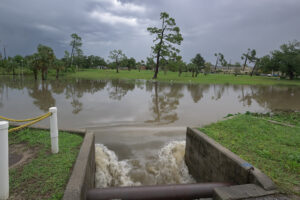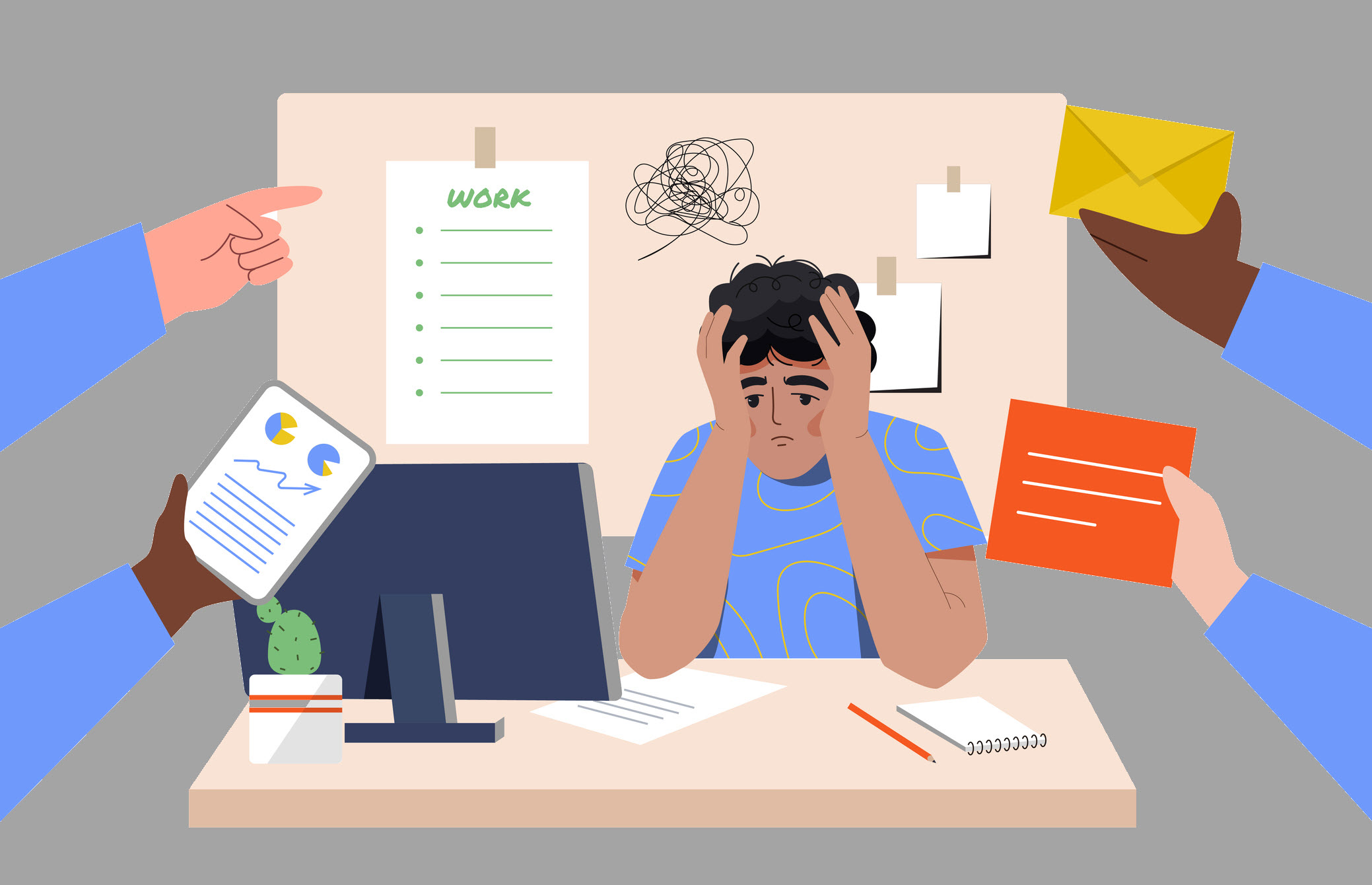Preparing for the Unplanned Risks of Campus Protests
All eyes are on the current protests occurring at universities nationwide. With social media fueling ire, these protests could worsen, potentially attracting bad actors. For current and future protests, how can universities keep campuses safe without limiting free speech?
May 6, 2024

Protests at colleges and universities are common, as educational institutions value and encourage free speech and open discussion of conflicting ideas in a peaceful environment. Many institutions have plans to handle these events, and most go according to plan. However, all institutions should still be prepared for large-scale events that stray from the plan and might draw people who are not affiliated with the institution.
“In our growing culture of conflicting views and the overall volatile, uncertain, complex, and ambiguous (VUCA) world, it is important to have as much preplanning as possible,” said Sara Gibson, Senior Risk Manager at Safety National. “In the case of protests, since they can quickly change from peaceful to disruptive, security planning and communication are key.”
Here are a few procedural safety tips to prepare your institution for an unplanned and possibly disruptive protest.
- Encourage free speech by allowing the protest to happen as a planned and organized event through the Office of Student Engagement or a similar organization. Have a written procedure for requesting such events with clear guidance on permissible behavior, and help students organize a peaceful event.
- Include all campus community members (students, faculty, staff, and community) in the event and campus safety planning. Instituting a “see something, say something” policy can alert you to an event that is not using the proper planning channels.
- Ensure your student code of conduct clearly defines acceptable behavior and any resulting punishment for those who violate it. Provide staff with updates on what is expected of them during the protest.
- Avoid holding counter-protests or educational events at the same location or close to the protest. If an opposing group wants to protest, try to separate the groups as far as possible.
- Create alternative entrances, driveways, or access points for students, children, and guests who may be particularly vulnerable to the protest’s content.
- Include your campus police or security in the planning process. Security is a top priority, and a security plan is necessary. If your staffing levels are inadequate, consider hiring a private security firm or professional security planner. Without a plan, you may have to rely on emergency procedures for handling such an event, which could involve other responding agencies. This is when your Emergency Operations Plan for the specific event, including Incident Command and Control, must be established.
- Prepare a media statement and keep the press informed to guide the narrative of the situation if the protest starts to turn disruptive. Prepare a summary with two or three key informational points and stick to them. Involving a professional public relations firm might be warranted due to the nature of the event, especially when there is national attention.

























